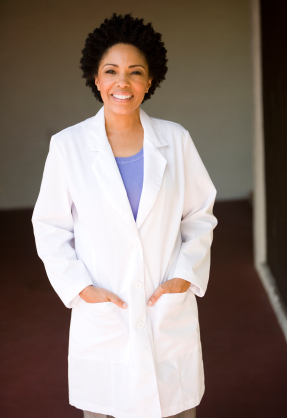 There can be a lot of confusion between what your dentist can do, and what a dental specialist can do. This is because the line can be very thin. The American Dental Association applies the title of Specialist to a dentist who has fulfilled the requirements to qualify under the ADA's standard for one of nine different dental specialties.
There can be a lot of confusion between what your dentist can do, and what a dental specialist can do. This is because the line can be very thin. The American Dental Association applies the title of Specialist to a dentist who has fulfilled the requirements to qualify under the ADA's standard for one of nine different dental specialties.
The line becomes thin in some of these areas with continuing education. Most dentists progress their education and knowledge through continuous seminars, courses, hands on training, and time spent in clinic. This work may not earn them the title of specialist within the requirements but they may still have considerable knowledge and skill in that area.
For example, a dentist may have performed many root canal procedures successfully and feel very comfortable in doing them, but they have not fulfilled the requirements to be able to called themselves an endodontist. Additionally, a dentist may be able to call themselves a Family Dentist, meaning they are happy to see patients of all ages, but that does not mean that they have a specialty in pediatric dental care.
What are the nine dental specialities?
The areas of specialties in dentistry include:
•
Endodontics: - Specializing in the inner portion of the tooth, known as the pulp.
•
Orthodontics: - Specializing in alignment and straightening of the teeth
•
Pediatrics: - Specializing in the dental care of young children and young adults.
•
Periodontics: - Specializing in the health of your gum tissue and preventing gum disease.
•
Prosthodontics: - Specializing in prosthetics including dentures, implants, bridges and crowns.
•
Maxillofacial Pathology: - Specializing in disease, both the diagnosis and treatment of.
•
Maxilliofacial Radiology: - Specializing in the analysis of radiographic images of the entire oral cavity.
•
Maxilliofacial Surgery or Oral Surgeon: - Specializing in trauma surgical care for the oral cavity.
Please contact us if you have any questions about our services.